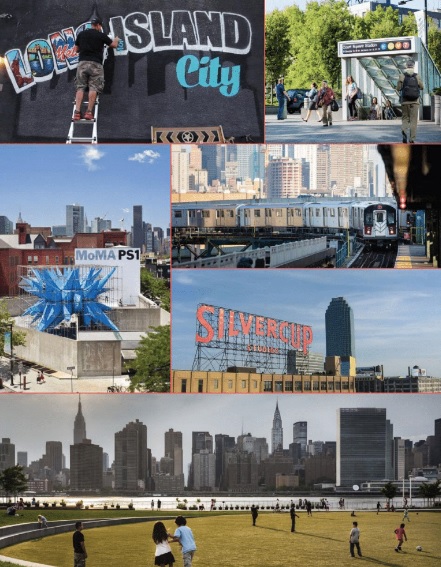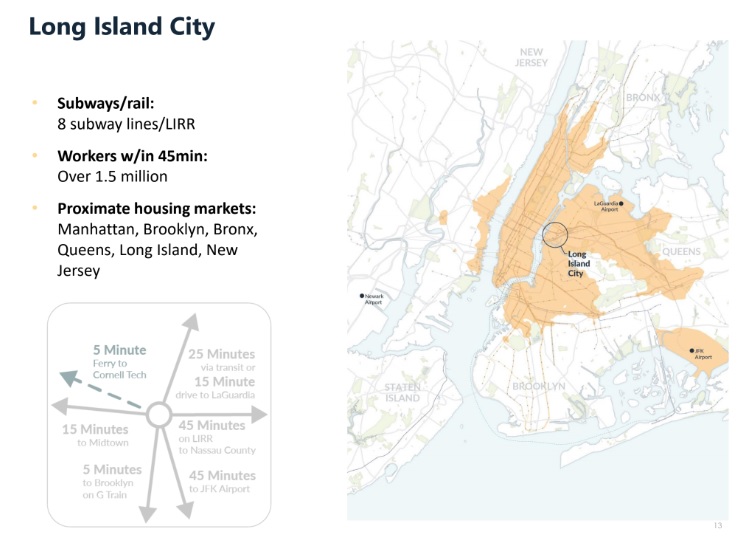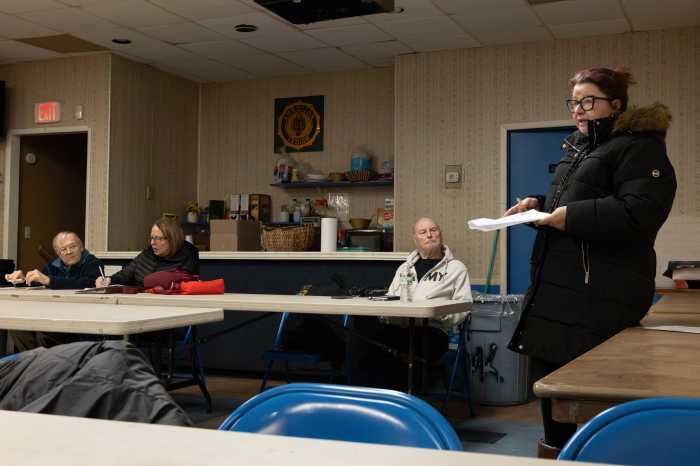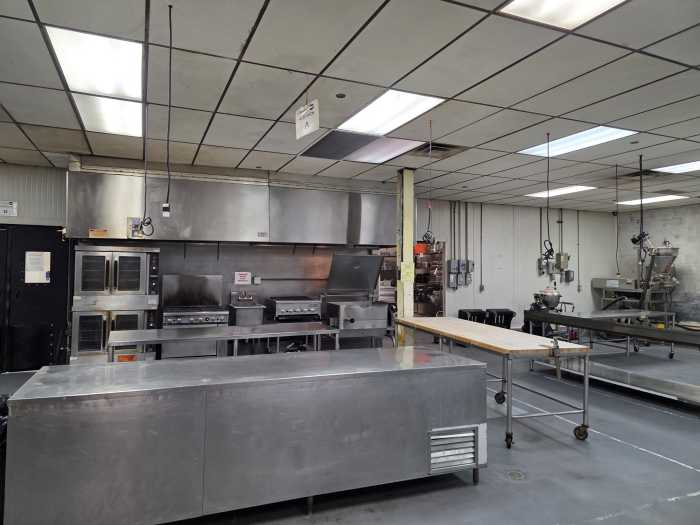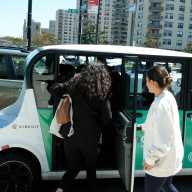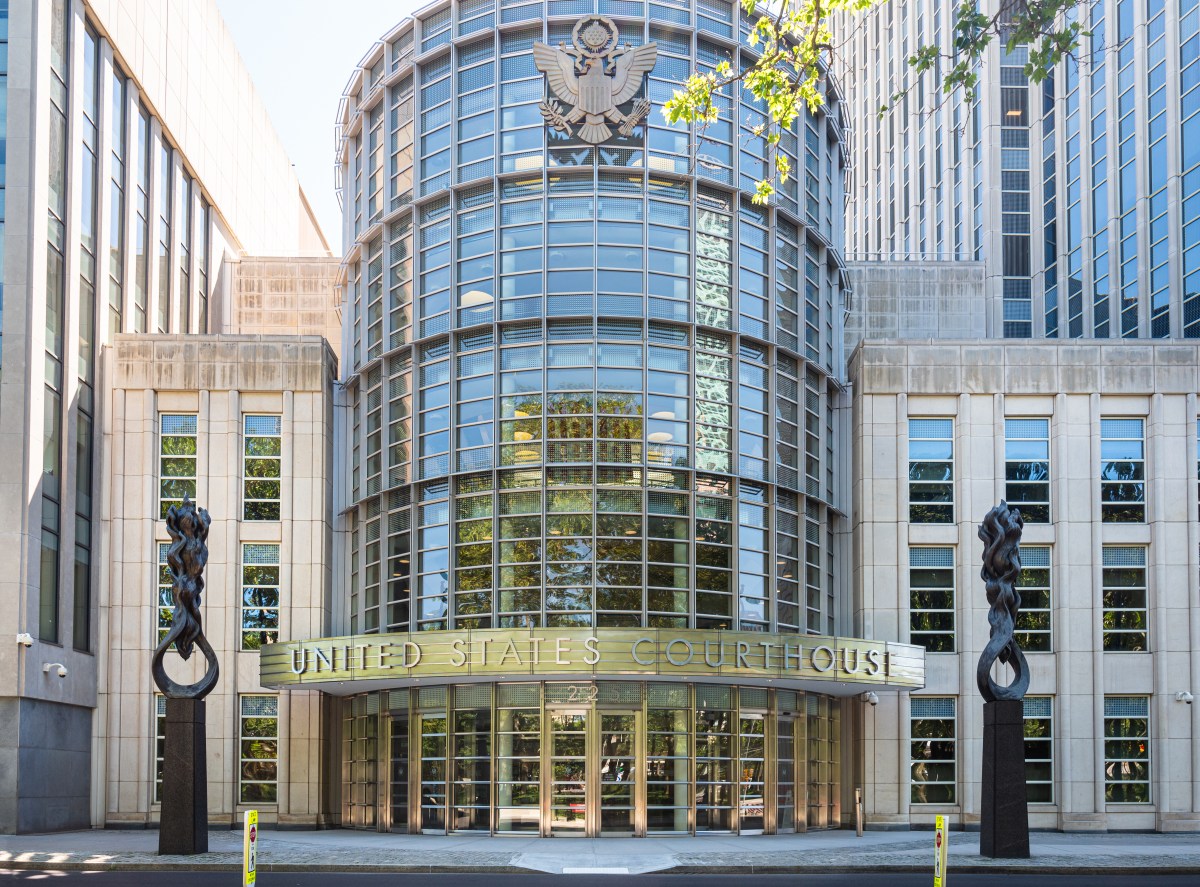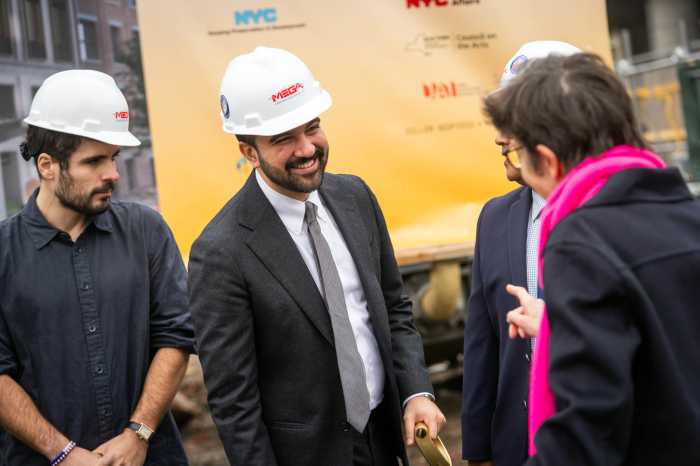When Amazon announced it was looking for the perfect place to build its new headquarters, elected officials all around the country began furiously pitching their cities and New York was no exception.
Mayor Bill de Blasio released the proposal he is sending to try to attract the retail giant to one of four sites in three boroughs. Not surprisingly, Long Island City is one of the neighborhoods included in the proposal.
In his letter to Amazon CEO Jeff Bezos, which was co-signed by dozens of state and city officials, de Blasio called the five boroughs “hives of ingenuity.” He also argued that the city has the most important resource Amazon needs – talent.
“There are more New Yorkers with a bachelor’s degree or above than in Los Angeles, San Francisco, Seattle, Washington, D.C., and Atlanta combined. We are home to industry leaders in tech, law, media and medicine,” he wrote in the letter. “And we are making sure that the next generation of New Yorkers is prepared for the 21st-century economy by integrating computer science education at every level of the academic pipeline.”
Amazon is expected to invest more than $5 billion to construct its second North American headquarters, dubbed HQ2, which they argue will create about 50,000 high-paying jobs. They’re looking to build an 8.1-million-square-foot facility in an area that is close to public transportation, has access to talent and amenities for its employees.
Of the 15 proposals submitted by elected officials and business leaders, the city chose four to present to Amazon – Midtown West, Long Island City, Brooklyn Tech Triangle and Lower Manhattan. These proposals were chosen because they met two key criteria: they have the square footage available for development and are close to public transportation and major airports.
In the proposal, Long Island City was described as a “creative, mixed-use neighborhood” and “the city’s industrial innovation center.”
Its proximity to JFK Airport, LaGuardia Airport, Penn Station and Grand Central were touted along with its variety of restaurants, bars, museums and other cultural institutions. The neighborhood also has more than 13 million square feet of “first-class real estate,” according to the proposal.
In a previous interview, Thomas Grech, the executive director of the Queens Chamber of Commerce, said that Queens is exactly what Amazon is looking for.
“Based upon the RFI that Amazon has put out there, I think in every single one of the categories Queens fits the bill,” he said.
Though the headquarters would bring thousands of jobs, cities are offering large tax breaks to the company that is valued at $500 billion. Some are criticizing the company’s tactics and are arguing that this bidding process is a way to seek out a city that would provide them with the heftiest tax incentives.
New Jersey Gov. Chris Christie is offering the company $7 billion in city and state tax incentives while Chula Vista in California is offering the company around $400 million in tax breaks.
Greg Leroy, executive director of Good Jobs First, a national policy center that aims to promote government and corporate accountability, pointed out that wherever the company decides to build its HQ2, an influx of 50,000 new employees may be a burden on public infrastructure and the tab may be picked up by taxpayers if Amazon is awarded massive tax breaks.
“More families arriving means more teachers to hire; more classrooms, roads, water mains and sewerage to build; more public safety to provide; and more trash to pick up. All of those things cost money,” he wrote in Fast Company. “But if Amazon is paying no sales tax, no property tax, no income tax, and is getting cash gifts from its employees and/or the state treasury by selling tax credits, then Amazon won’t be bearing those new costs.”
New York City officials have said the company will not be eligible for any special incentives beyond what is available to other companies.
“We are competing to bring Amazon here because it means tens of thousands of high-paying jobs for New Yorkers,” said Melissa Grace, deputy press secretary for the Economic Development Corporation. “As the mayor has said, this isn’t a race to the bottom for us. New York City’s talented workforce, diverse economy and strong neighborhoods are our selling points — not big discretionary tax benefits.”
Amazon will announce the winning city sometime next year.

